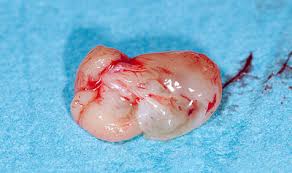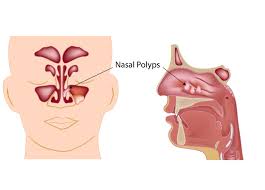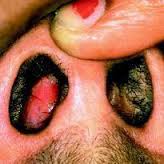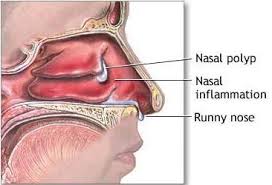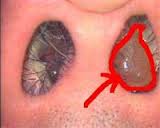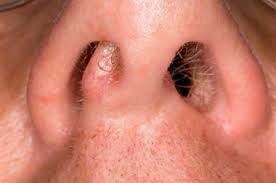What is Nasal Polyps Surgery

Nasal polyps surgery is the procedure during which nasal polyps (which can occur in the nasal passages or in the sinuses) are removed. Generally, surgery will be recommended if steroid therapy is not successfully or cannot be sustained in the long term, often due to safety concerns of using too much steroids. There are two main types of nasal polyps surgery – nasal polypectomy and functional endoscopic sinus surgery. Persons with poorly managed asthma, as well as those with coronary disease or having irregular bleeding are not eligible for nasal polyps surgery.
Prior to surgery, the patient will be required to undergo tests such as nasal endoscopies, CT scans or X-ray scans. If the patient has any underlying conditions, further tests will be required, as some conditions can complicate the procedure. In addition, the patient is made aware that surgery may not meet expectations, especially with regards to the fact that 75% of patients undergoing surgery will experience re-growth of nasal polyps. Even with the removal of some nasal bone, polyps re-occurrence is still likely. As such, ongoing treatment may be required following surgery. In addition, surgery may not restore the sense of smell, which may be lost completely in patients with very large or very numerous polyps. Furthermore, there are risks involved according to the placement of the polyps. For example, for nasal polyps high up in the sinuses, surgery may damage the optic nerve, leading to vision loss. Surgery can also cause scar tissue to form, which can be very uncomfortable in the nasal region.
Nasal Polypectomy is the most common type of nasal polyps surgery and it can be done using just a local aesthetic. This procedure is the one of choice for small nasal polyps that are close to the nostril entrance. The surgeon will hold the nose open with an instrument called a nasal speculum and then cut the polyps out using a special type of forceps. A suction device may be used to extract the polyp.
On the other hand, functional endoscopic sinus surgery is used for polyps that are not easily reached, such as those growing deep in the sinuses. A local or general anaesthetic will be used. In this procedure, an endoscope (a tube with a camera) is used to provide the surgeon better view of the area around the polyps. Then, small cuts in the face will be done and the surgeon cuts out the polyps through these incisions.


